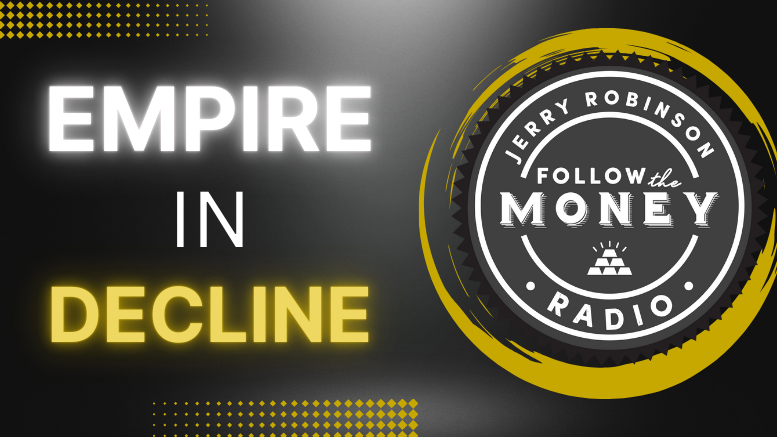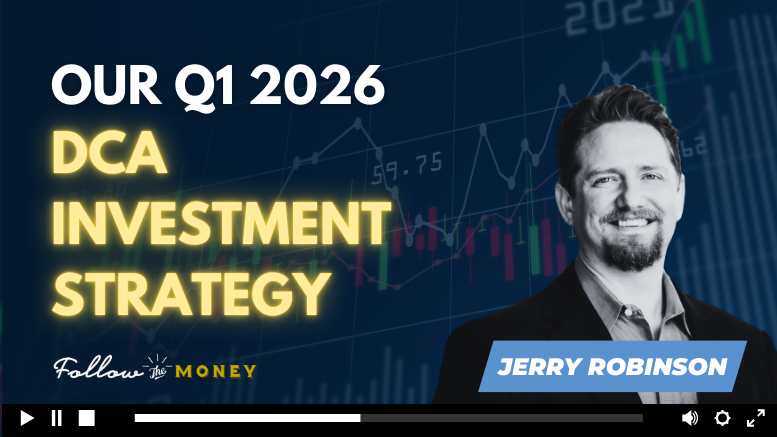by Eric Hammer | FTMDaily Contributing Writer
TEL AVIV, ISRAEL
Since World War II, the United States Dollar has been considered the world’s reserve currency, i.e. the money held by foreign banks to back up their own currency. However, a number of recent events have caused some analysts to begin questioning whether that dominance will continue for foreseeable future.
These events include murmurings from the Chinese government that they want a new reserve currency to be created based on a basket of currencies and whispers from some Middle Eastern oil barons that they would like to start pricing oil in Euros instead of dollars.
While no one can say for certain what the future will bring and how governments of the world will treat the dollar going forward, there are a number of precedents that can be instructive in helping us understand what could happen if the worst happens and the dollar is suddenly uncoupled from the world economy as the world reserve currency. Note that this would be a worst case scenario where there was a sudden change rather than a gradual one.
Given the Federal Reserve’s penchant for simply printing more money whenever there is a need to borrow additional cash, the value of the dollar once it has been removed as the world’s reserve currency would plummet dramatically against other world currencies.
This would have a number of effects on the American economy and way of life.
7 Economic Consequences of a Dollar Collapse
1) Bank run. The first thing that is likely to happen in such an event is that there will be a bank run, as there was after the stock market crash in 1929. With dollars suddenly falling rapidly in value, people will try to withdraw their money and change it to something else quickly before it becomes worthless.
2) Capital controls. Next, the government would pass laws to restrict the ability of private citizens to convert their dollars into foreign currencies. This would be done in order to “protect” the dollar so that it doesn’t fall any further.
3) Rising unemployment. Unfortunately, because we live in a globalized economy, protecting the dollar in this way could lead to severe problems at home. Unemployment could rise dramatically as manufacturers find it impossible to purchase needed parts from other parts of the world, which would be prohibitively expensive.
4) Soaring consumer prices. Similarly, retail sales would suffer as imported goods become pricier.
5) Food scarcity. Scarce food supplies could set in as well because the cost of purchasing food is tied in large part to the price of oil, which would now have to be purchased with expensive foreign currency.
6) Public riots. In extreme cases, rioting could ensue and martial law could be imposed in order to restore order.
7) Increased tourism and exports. On the good side, foreign tourism would likely boom and production of “Made in America” products could increase dramatically as long as the raw materials are all locally sourced since American products would now be considered bargains by the rest of the world.
While all this may sound like a nightmare scenario, it must be remembered that these are some of the worst case scenarios possible. The odds of the world completely and suddenly divorcing itself from the dollar as a reserve currency are fairly small since there is no currency currently available which has the ability to replace the dollar. Nor would an artificial creation from the World Bank be likely to gain traction in the short term.
While the dollar will eventually fade as the world’s reserve currency, in much the same way that British Pound faded after World War II, it would be unlikely to be the dramatic, sudden drop that some analysts are predicting. Therefore, while it would still be wrenching for the American economy, because it would be a slow, gradual process rather than a sudden one, the absolute worst case scenarios are somewhat unlikely to develop. However, you should still be focused on preparation strategies.
Check out more articles on FTMDaily.com for creative strategies on how to hedge against what is coming.






